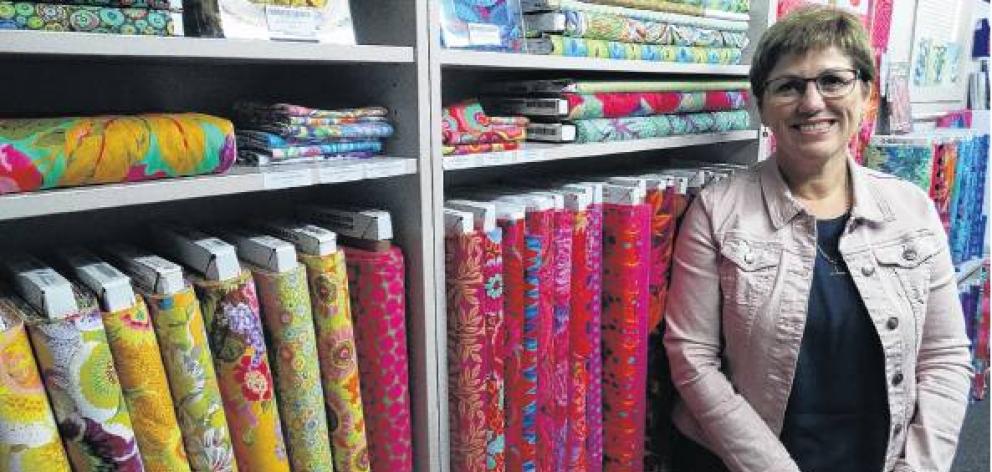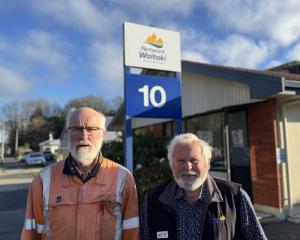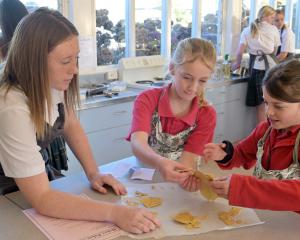
She has been elected southern region representative within the national Justice of the Peace body, the first time a woman has been chosen for the position.
Mrs Hurst, who runs the Quilting Shed from her home near Awamoko, has been a JP since 2011.
Last month, she was elected to the position within the Royal Federation of New Zealand Justices’ Association at the association’s annual conference in Rotorua.
She said while she was excited to be elected, a lot of work came with her new role.
"I was quite chuffed. Apparently, I’m the first female to bea southern representative. It feels quite good actually, but it’s also a bit daunting because it’s going to be quite timeconsuming, really.
"It’s exciting but daunting at the same time, I guess.
"Mostly I’ve been doinga lot of reading to get up to speed with what’s happening. After that, I’ll have more ofa feel for the role."
Her primary responsibilities are to liaise with the South Island’s nine associations with the exception of the Nelson and Marlborough areas.
She will liaise with the Ministry of Justice on funding requests for the South Island and will work alongside the department on legislative issues or changes that may impact on judicial roles.
There is also a reasonable amount of travel around the South Island involved.
As well as performing her normal duties, which include being called on by members of the public to witness a signature ona document, certify copies of documents and complete affidavits, declarations and affirmations, Mrs Hurst also presides over lowerlevel court cases, such as drinkdriving hearings.
She wants to push for change in her role, particularly around training.
"I would like to tidy up the judicial training. There’s quite a dropout andI think people aren’t really aware of the training commitments.
"Also, there’s becominga bit less work at the moment. . . once you do the training, you want to use it. A lot of it’s to do with how the police treat some cases. There are more things they do rather than take it to court.
"The other thing is our court has diminished in Oamaru. It’s not just a local thing — it’s a nationwide thing."
She said JPs should be given as much work as possible because they offered a free service.
Mrs Hurst is a member of the North Otago Justice of the Peace Association, which has more than 50 members.











